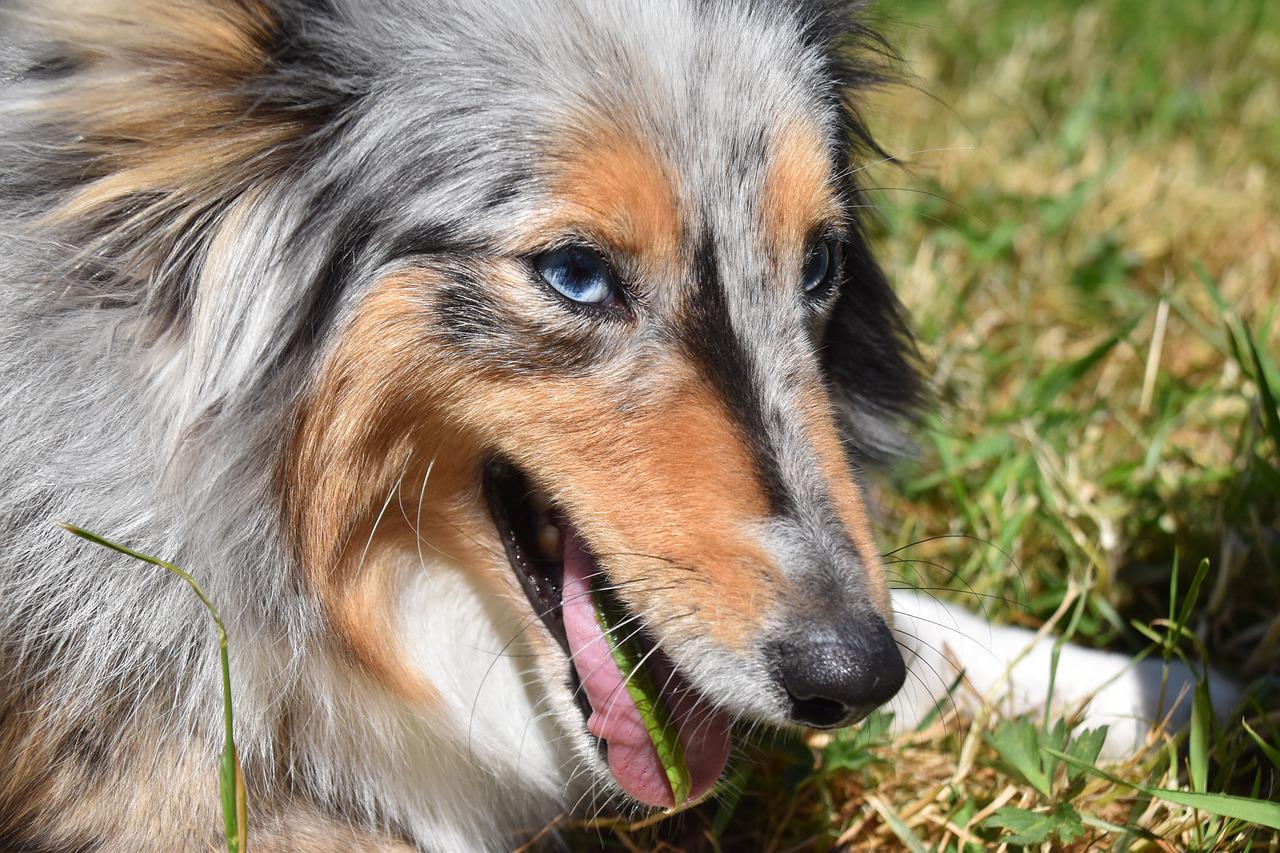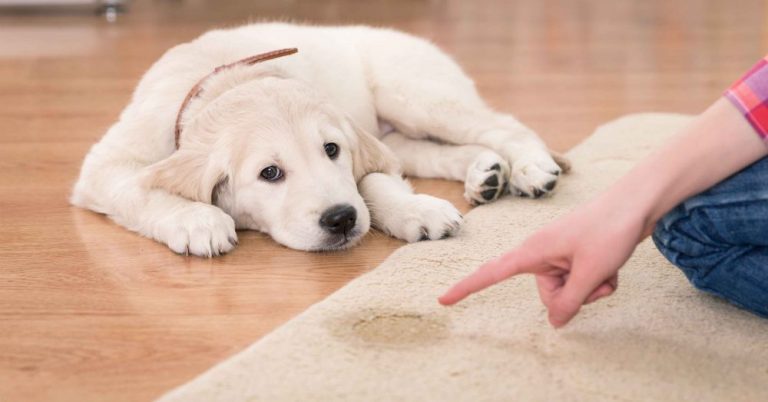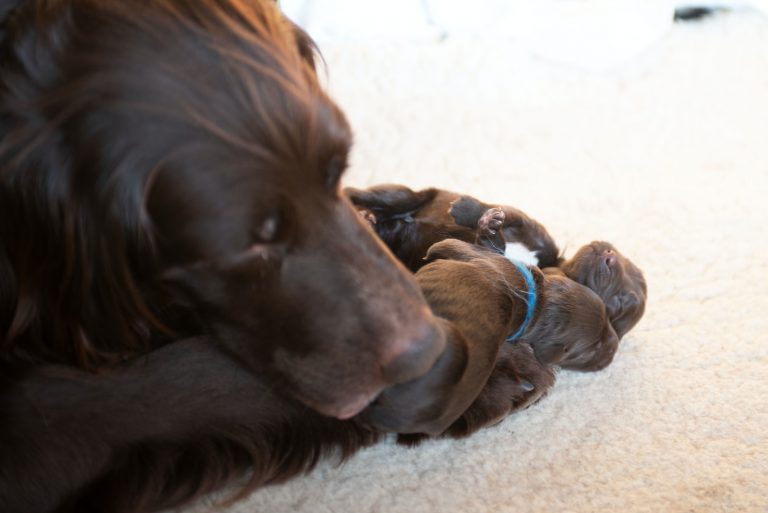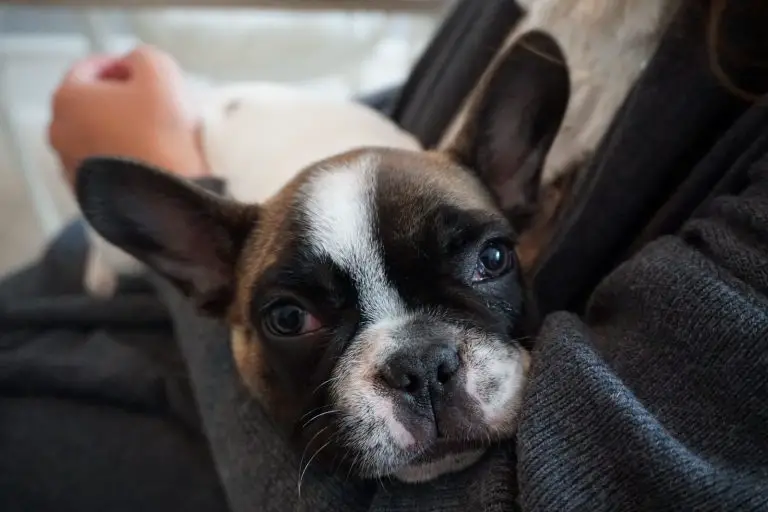Our little bundle of playful dogs often times has eaten grasses and leaves. After that, they will then feel sick and causes to barf awfully. We are certain to blame the grasses our dogs eat. Or maybe, we presume that our dogs really intentionally stimulate it to vomit.
Although most dog owners can attest to numerous cases of witnessing our beloved pet dog dig into socks, paper bills, cellular phone cases, or anything that is not food. And we all know plastic and steel parts of non–foods they chew on are poisonous. But, there is this common behaviour we observe with dogs, they eat grass for a certain period of their life. It is like a common natural phenomenon happening with all our pet dogs.
Is there really enough reasons to worry about our dogs eating grass and other non–food items? Or is it just a natural canine behaviour that we need to need not to worry about?
Let us take a look on the possibilities and beliefs why dogs really eat grass? Do they really want to induce vomiting? Check out what is a fact or a lie.
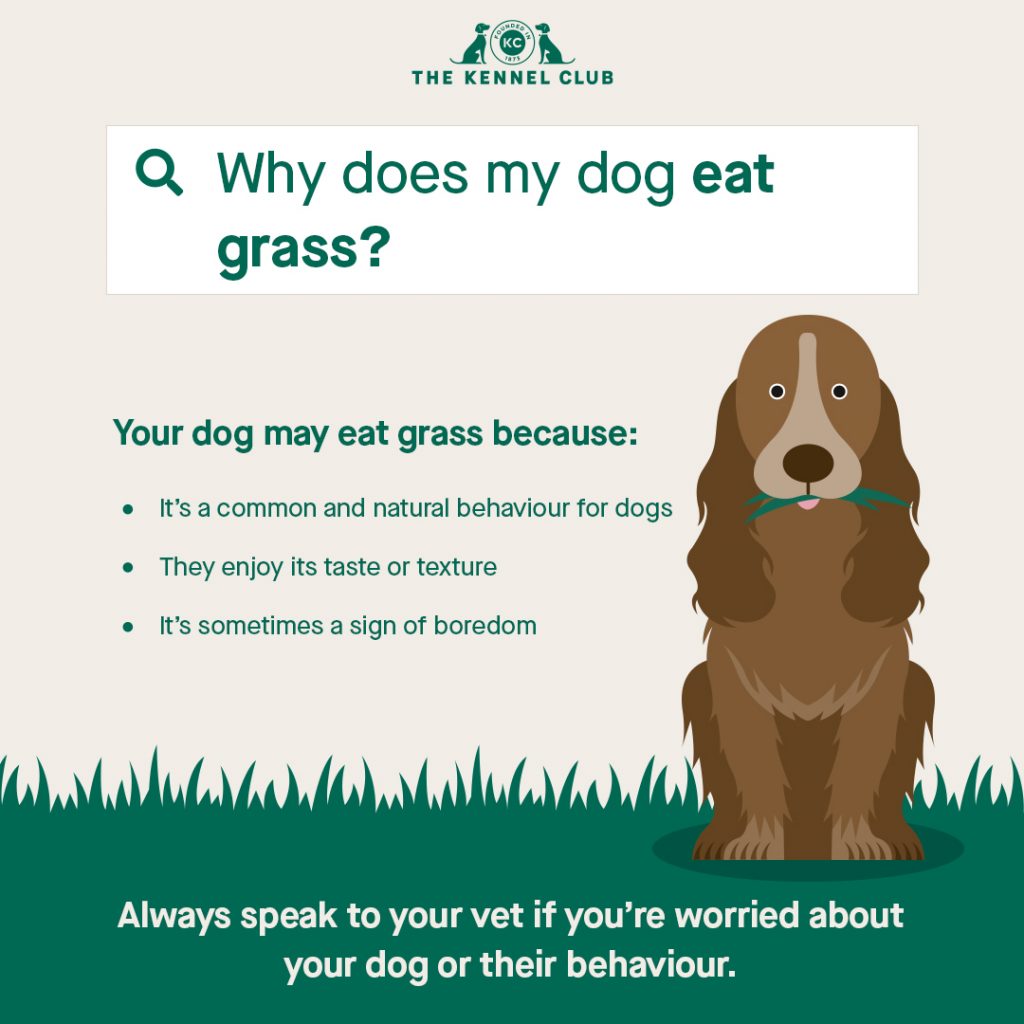
Fact or Lie #1: Dogs are active mammals, so they need to do something even eating grass
Most dogs are generally too playful. You cannot leave them in one place and expect them to just stay there (unless you have trained your dogs to do so). With the unlimited energy your pet have, they tend to entertain themselves when bored. They chew on different household items like mop, edges of furniture, or slippers. They would eat shoes, tissue rolls, tree twigs, and the infamous grass.
It can be observed that dogs would keep themselves busy when they feel bored by chewing on random stuffs that they can possible get to. So, imagine that the grasses on your backyard are just toys in your pet’s eyes.
Fact or Lie #2: Dogs are parent owner pleasers, they just wanted to get attention
The famous dog – human relationship sayings “Dogs are men’s best friend”, proves canine’s loyalty and love to its parent owner. Dogs would do everything to get the attention of humans by doing different catchy tricks, making noise, showing affection, and unusual behaviour like chewing non – foods things like socks, twigs, or grasses.
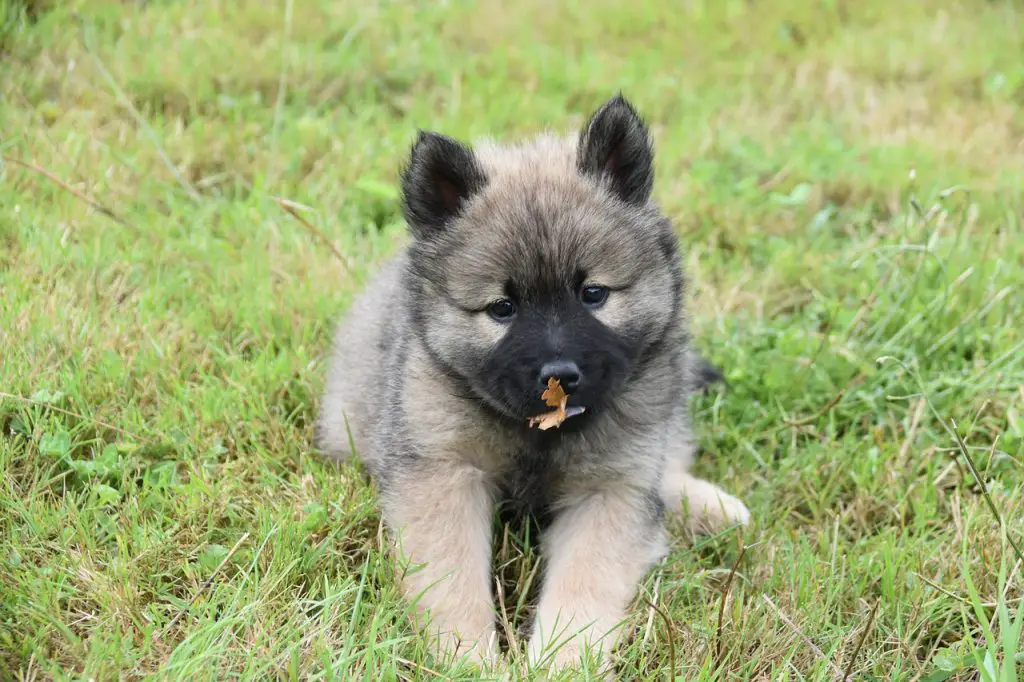
Fact or Lie 3: Dogs have behavioural medical disease called Pica
Yes, dogs can also have behavioural issues. There are many factors result to dogs’ anxiety are owners mood, noise around the area, mating season, weather, jealousy around dogs and young kids at home, security issues, food deprivation and among others. These factors affect our dogs behaviour, and basically eats foods that are not actually edible. This medical condition in dogs is called Pica. If you suspect that your dog suffers from Pica, please bring you dogs to the vet as soon as possibly because it may lead to more serious diseases like kidney, liver , and other internal organ failure.
Fact or Lie 4: Dogs has parasite and worms that they need to flush out of their system
Eating certain types of grass can also make dogs’ parasite and worm issues be treated. Dogs have that in – born sense of knowing how and what of type of grass they need to munch in in order to induce vomiting.
This is in dogs’ bloodline thousands years back, where wolves, where domesticated dogs originated live in the wild. Ancient dogs used to eat killed hunts’ meats, which is prone to bacteria and other parasites. Dogs have adapted to survive when affected by parasite and prevent complications by eating certain types of grass to kill the parasite that they have collected from eating raw meats.
Fact or Lie #5: Dogs are nature’s natural doctors that they know how to barf out bad chemical in their system
Most unconventional old dog owners has always believed that contrary to the misconception that it is the dogs’ habit of chewing on greens on the ground causes them to be lethargic, vomiting, and sick. Far more from their being adventure seeking creatures, they are believed to have the natural ability to literally cure themselves, and act as nature’s physicians.
Dogs have a natural body detector that they can identify if they have been poisoned. By eating grass, they try to induce themselves to vomit and barf out unnecessary chemicals in their body.
Well, that is not always the case. Dog parents should consider health condition and behaviour of their dogs prior from eating grass. Has the dog been nostalgic first before it chewed on grass and vomit, or the other way? If the dog has no sign of illness or what so ever, there may be another reason to consider.
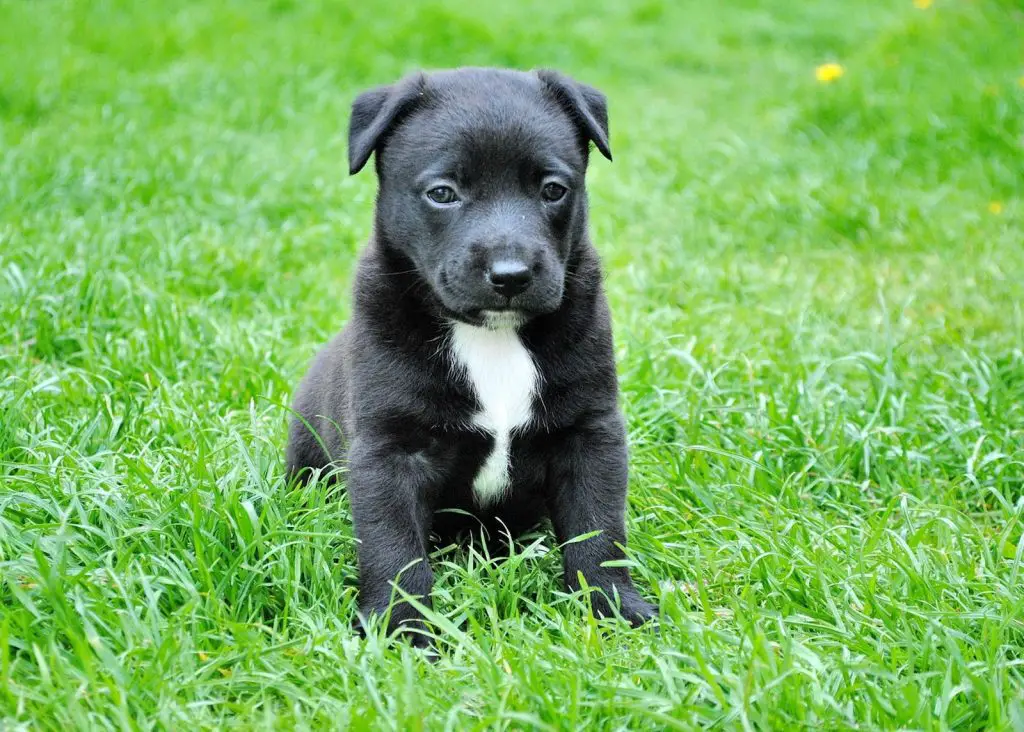
Fact or Lie 6: Dogs’ Diet, encourages dogs to eat grass
Although most dogs are carnivorous, there are dogs that are also into eating fruits and vegetables. That includes plant leaves, vegetables and grasses.
There is also belief that dogs daily food intake results to malnutrition or imbalance nutrition. Dogs may either suffice lack of nutrients by eating grass. Or perhaps it is also possible that dogs intentionally nauseate themselves because of lack of nutrition. Well, both reasons are possible. Good thing there are now dog supplement and ready dog food we can provide our dogs for complete nutrition.
Fact or Lie 7: Dogs playing dentists that it needs to chew on grass
After thinking dogs have natural capability of acting like doctors without degree in medical school, it has also been concluded that dogs can also act as nature’s dentists. They chew on grasses without swallowing it. The chewing action probably cleans the dogs’ teeth. There are times dogs sharpens their teeth on tree bards or house’s wood furniture. But another suspicion for dogs that chew on grass because of oral hygiene reason.
Well, those are just conclusions on why our dogs are fond in eating grass. Dog parents must be well observant and extra careful to observe what are the possible reasons and caused why their dog eats grass. You not want to put your dogs’ life on the risk because you were not observant and aware of your dog’s behaviour.
If you observe something off with your darling pets recently because they are not eating or barfing recently, you should know the signs and why do they get an upset stomach.

